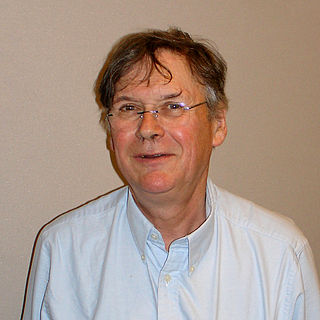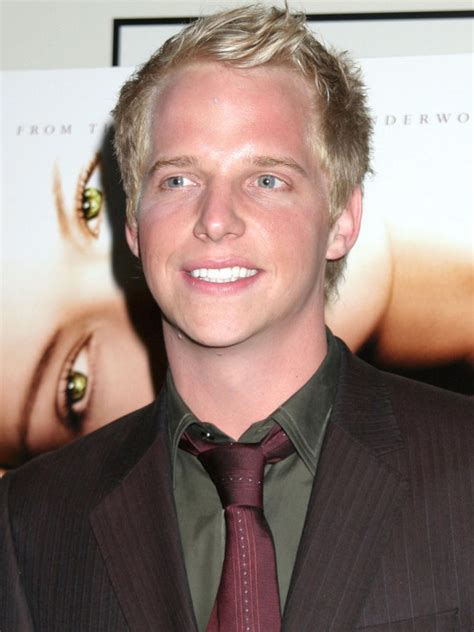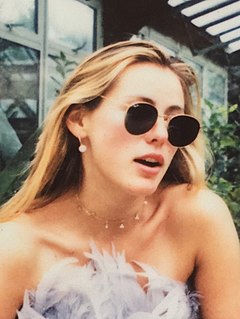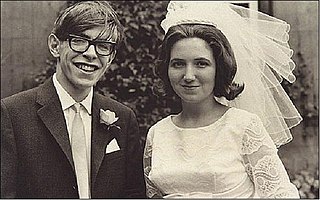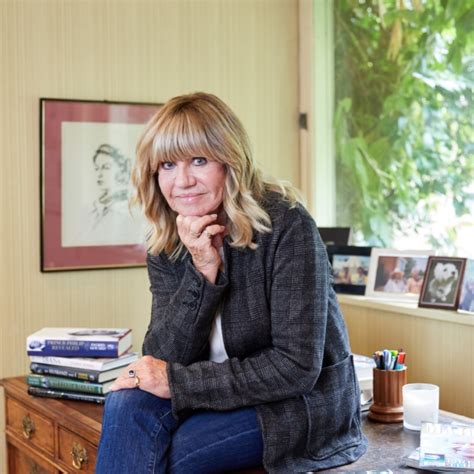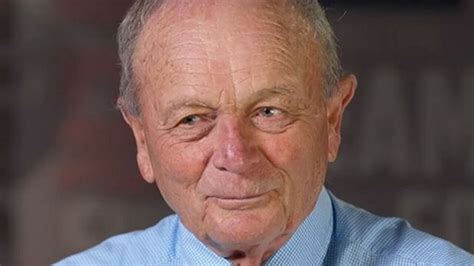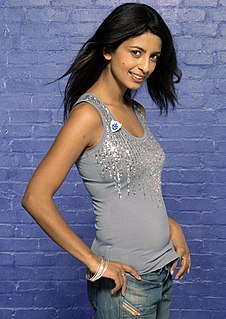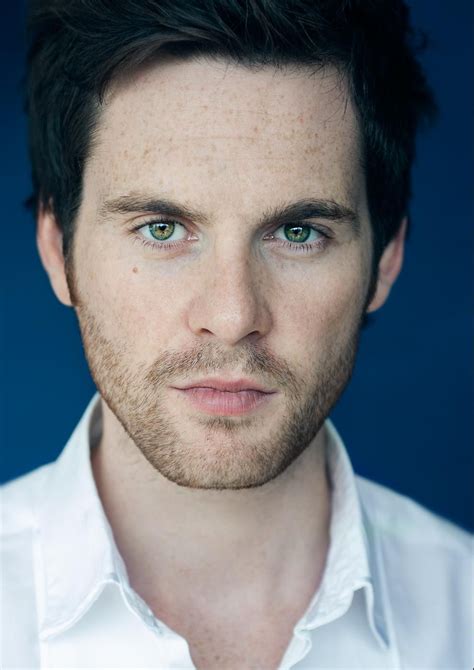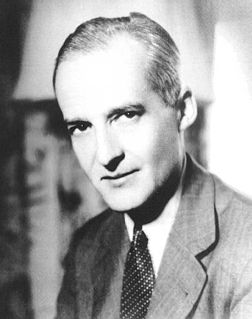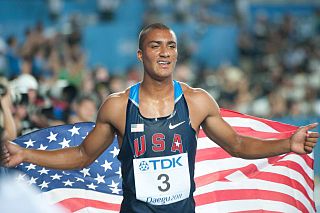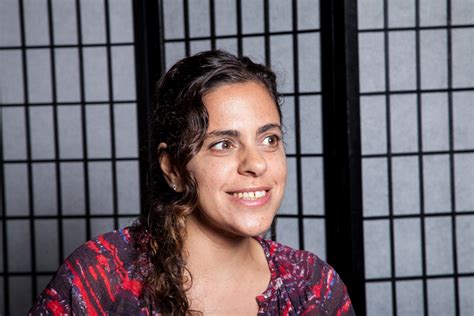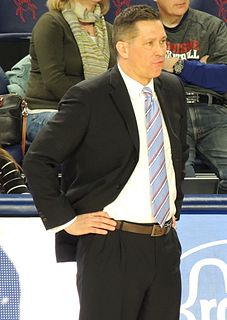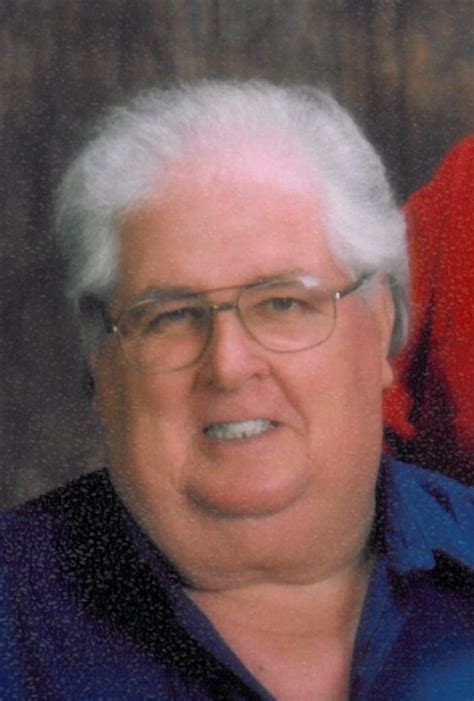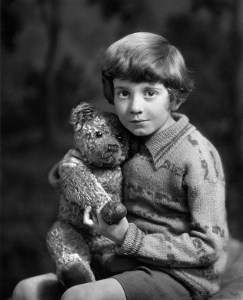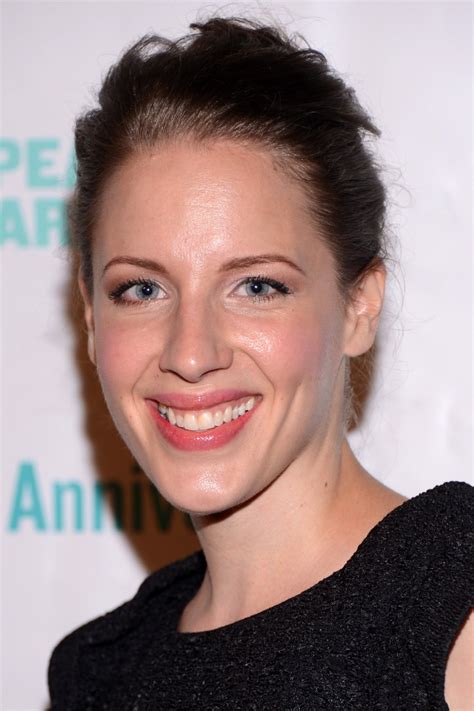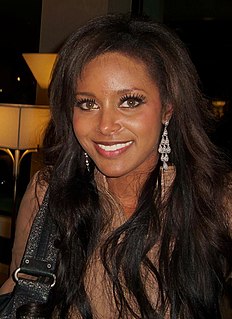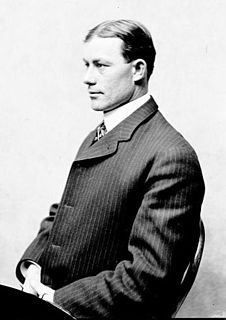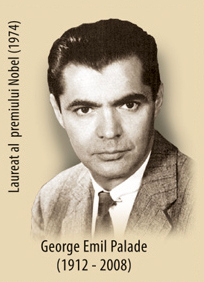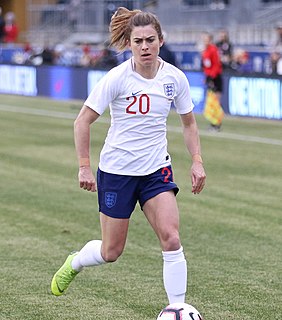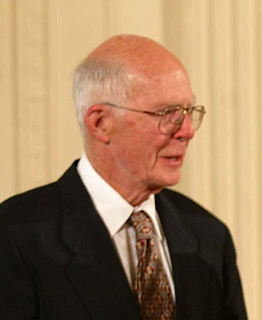Top 1200 Cambridge University Quotes & Sayings - Page 4
Explore popular Cambridge University quotes.
Last updated on April 20, 2025.
Thinking of this University [Ambedkar University] today, we are reminded of Mahatma Gandhi because if there was anyone who fought for the weak in India, the first one to raise his voice for Scheduled Castes, that was Gandhiji. There were social workers before him but not any people who raised this matter in the political arena as he did.
McDermott and two colleagues - James H. Fowler of the University of California, San Diego, and Nicholas A. Christakis of Harvard University - published a paper titled 'Breaking Up is Hard to Do, Unless Everyone Else is Doing it Too.' Their study shows that divorce can spread like a virus among friends, siblings and co-workers.
I went to university for a couple of years and I didn't enjoy university. The studying and the accountancy, economics, I just hated that stuff. Now the irony is here I am lawyer, accountant, I do it all day every day and sit at a desk. So I've never ended up where I wanted to be in many ways. I always wanted to be a farmer.
At first I wanted to go to university, but I really didn't dare to. I was too self-conscious, being a working-class kid. It was really difficult. I was going to study history, but the professor asked me some questions I didn't understand, and I didn't dare to ask what they meant. I left university and went to work in the Post.
I'm a privileged person, I feel privileged because of who I am. I write books, I write novels, I write essays and I teach and I go from university to university. I'm one of the old, but I still go around, but I only see those who are not like that, I don't see the junk youth. I only meet students, and even those who are not formally at the university, if they come to listen to me, they come to read me, it means they are not junk students.
In 1946, Oxford University in England was offered large funds to create a new Institute of Human Nutrition. The University refused the funds on the ground that the knowledge of human nutrition was essentially complete, and that the proposed institution would soon run out of meaningful research projects.
I went to university in the north of England at University of Birmingham to do an English literature degree, and I knew I could do extracurricular stuff with theater and drama. I started a theater company, called Article 19, and I did it with a bunch of friends. I wrote and directed plays. I had a radio show.
Students at residential universities often live together and spend time on activities that aren't connected with the university. Then, should the university's rules about sexual consent extend to students' private lives? In my book, I argue that these narrow rules should extend to students' private lives no matter what or where they happen to be conducting those lives. The logic is that sexual assault is a form of discrimination and denies the victim an equal education. The point of university life is to get that diploma and nothing should stand in the way.
I was in this public high school in Princeton, and it had this topnotch jazz program - if you were a musician of any kind of caliber, your holy grail was to be in that orchestra. It was that claim to fame of the school, of the town, other than the university. But it was better than the university band.
As a global company, ATT is proud to have its name associated with this great university and some of the most exciting college football in the country. We appreciate our strong working relationship with Texas Tech, and we are grateful for the university's leadership to make the Jones ATT Stadium name a reality.
If every university president said, 'The revenue producing sports: basketball, football - potentially revenue producing at most universities - maybe in a few cases women's basketball, if every one of them had a monitor that reported directly to the university president and no 'student-athlete' ever gets into this college or university who could not plausibly be admitted if we did not have a football or basketball team, end of problem. It won't happen because it's like unilaterally disarming. You know your opponent won't do it and then you'll get crushed in every game, but it's a simple thing.
That said, there are a few clear factors that determine the potential of a university to reach the highest levels of excellence. In the case of Harvard University, it was true that by the time of its tercentenary (300th anniversary of its founding) in 1936, Harvard had already achieved a reputation as a world-class institution. Harvard did not have the stature that it does today.
But do let me reiterate the spirit of Michigan. It is based upon a deathless loyalty to Michigan and all her ways; an enthusiasm that makes it second nature for Michigan men to spread the gospel of their university to the world's distant outposts; a conviction that nowhere is there a better university, in any way, than this Michigan of ours.
In 1973, I left the Rockefeller University to join the Yale University Medical School. The main reason for the move was my belief that the time had come for fruitful interactions between the new discipline of Cell Biology and the traditional fields of interest of medical schools, namely Pathology and Clinical Medicine.
In terms of my childhood, it was normal. You go through school, do well in school, and then I went to university. The performance arts aspect was never really an option because it was never in my family. Nobody was there to teach me anything about that. It wasn't until maybe my second year of university that I got inspired to dance.
From age 16 on, I found school boring and failed A-level Physics at my first attempt. This was necessary for university entrance, and so I stayed an extra year to repeat it. This time, I did splendidly and was admitted to Sheffield University, my first choice because of their excellent Chemistry Department.
I was good at math and science, and it was expected that I would attend the University of Washington in Seattle and become an engineer. But by the time I was seventeen, I was ready to leave home, a decision my parents agreed to support if I could obtain a scholarship. MIT did not grant me one, but the University of Chicago did.
I was educated in the Washington public schools and attended the University of Maryland as a day student, graduating in 1938 with a degree in chemistry. After working for the Dow Chemical Company in Midland, Michigan, for a year, I returned to the University of Maryland to take a Master's degree before going on to Yale to pursue a doctorate.
